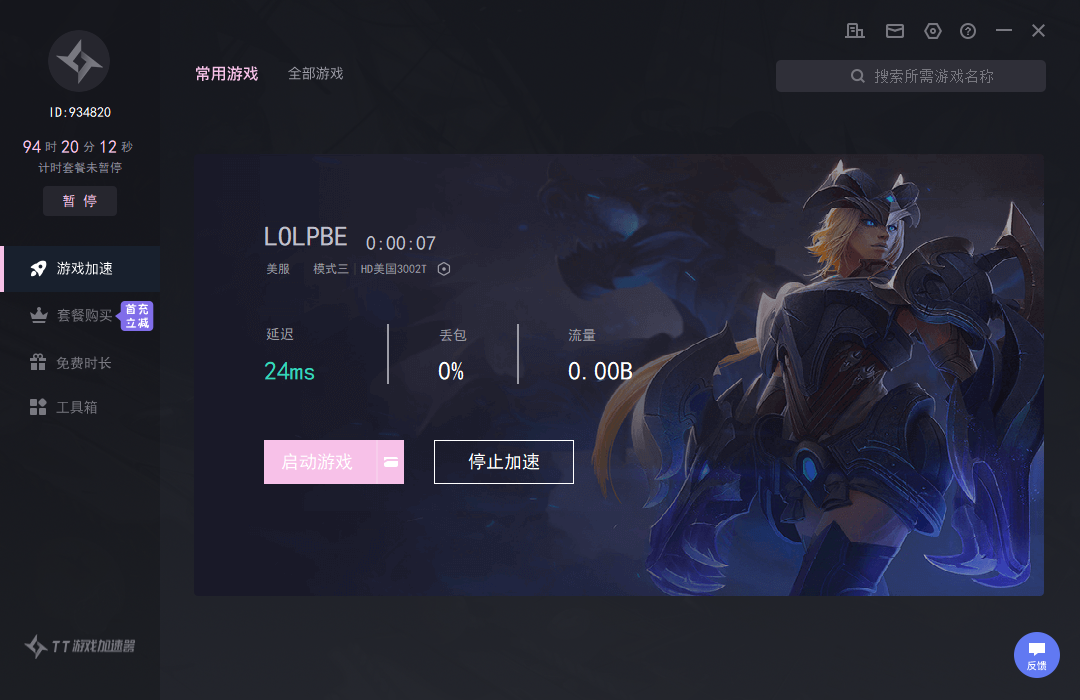Mainland Chinese players find it difficult to play foreign online games.
By Kamun Lai
University student Hu Xiaozhe has to borrow a telephone number from a friend in Hong Kong to register a new account and buy a VPN service, in order to play foreign video games including those developed by Blizzard in China.
Blizzard had to shut down all services in China in January 2023, as the American game company lost its publishing license to launch games in the country.
“I play the game less frequently because the VPN service is not stable sometimes. When the internet connection is poor, I lose the connection with the server when playing. This really kills the fun,” she says.
China’s “Great Firewall” blocks players from China accessing international game servers to play with foreign players. Chinese players can only play foreign games by using a game-only VPN to bypass the firewall.

“It was hard for me, but there is no way apart from getting used to it,” she adds.
Hu first played the blizzard games in 2022 and she has spent RMB¥600 (US$ 88.89) on them so far. After transferring to a new server, she has to restart everything there.
“I feel terrible about losing everything I built up in the game and products such as skins and loot boxes I bought last year,” she says.
Blizzard said in a January statement on Weibo, one of the biggest social media in China: “We are discussing with new potential publication partners about continuing to offer Chinese players a high-quality and stable service.”
Overseas game developers like Blizzard are required to find a Chinese partner to apply for a publishing license from National Press and Publication Administration (NPPA) in order to launch games in China.
“We are discussing with new potential publication partners about continuing to offer Chinese players a high-quality and stable service.”
Blizzard said in a January statement on Weibo
Chinese players are only allowed to play games approved by the authorities.
No foreign game was launched in China from July 2021 to December 2022. Mainland authorities started to grant approval to imported games again near the end of 2022. The number fell from 76 in 2021 to 44 in 2022 according to NPPA.
As Blizzard failed to renew its 14-year licensing agreement with NetEase, a Chinese technology company, seven Blizzard games were withdrawn from China. Both sides stated that they were unable to agree on key financial items in their announcements.
Another main reason for the breakup was intellectual property ownership and control over the data of millions of Chinese players, according to Bloomberg news reported in November 2022. “NetEase never sought to control IP rights tied with Blizzard,” NetEase said on Weibo in January.
No foreign game was launched in China from July 2021 to December 2022.
Another foreign game player Huang Zekai used to play online games for one and a half hours every day. But he had to stop playing, as Blizzard closed its Chinese server in January.
“I would not play the blizzard games anymore because I am disappointed with Blizzard’s decision to shut down all services in China. I think Blizzard games will not be available soon. The games we lost carry players’ memories of playing with friends. We have spent so much time and money practising skills to win games we play,” Huang says.
“I think the policy is taking a step backwards. Censorship in China is further tightened. Foreign game developers have to revise their design, especially those with bloody and violent images, ” he adds.

Professor Anthony Fung Ying-him at the Chinese University of Hong Kong’s School of Journalism and Communication, thinks Blizzard hopes to stay in the China market.
“The decision of two companies certainly has commercial considerations, but I think they should consider the rights of the general players when closing the server. For an overseas game introduction decision, the business consideration of the game developer and the policy environment are inseparable,” Fung says.
The NetEase agreement contributed about three per cent of its revenues, or about US$ 264 million, according to Blizzard’s Third Quarter 2022 Financial Results.
Fung also points out that foreign companies must localise themselves such as turning the colour of blood into green if they want to join the Chinese market.

“If the profit cannot cover the cost invested in game localisation, the game company will not enter the Chinese market,” he says.
“China is not the only country which practises censorship. This is not only to protect their domestic markets, but also to improve regulation of the internal market. It will take a long time to achieve a balance between market health and cultural diversity,” the professor adds.
Edited by Fiona Dongye
Sub-edited by Esme Lam







































